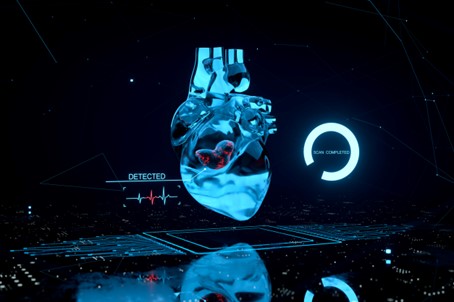
WHAT IS AHEAD FOR A SOFTWARE ENGINEER IN MEDICAL DEVICE WORLD

Softwares offer rich solutions for diagnosis, treatment and improving quality of life. They have entered our lives through many areas, such as from archiving patient records to sports and wellness apps, from diagnostic and imaging devices to clinical studies and education…
As we all know, medical device legislation is subject to different regulations in different parts of the world and in most cases we have difficulties in translating these regulations into medical device designs. Considering that we touch human life and health, this is not surprising, of course.
Softwares are also subject to these regulatory practices, as they are part of a medical device or a stand-alone medical device. However, since the speed of the regulations often cannot catch up with the speed of technology, software engineers are not able to see the regulatory requirements that are in the gray area or cannot transfer them to the software in a timely manner.
It is therefore not surprising that guidelines on medical device softwares have been published so frequently in major markets such as the EU, US and UK lately.
Especially, the expectation of transferring rapidly developing technology to medical devices makes this process even more difficult… Artificial intelligence and machine learning are among the best examples… The artificial intelligence market, which was approximately 15 billion dollars in 2023, is expected to exceed 100 billion dollars in 2028. Unbelievable!
“The development of full artificial intelligence could spell the end of the human race….It would take off on its own, and re-design itself at an ever increasing rate. Humans, who are limited by slow biological evolution, couldn’t compete, and would be superseded.”
Stephen Hawking
This is a copyrighted material. Any usage must mention ImmuniWeb with a backlink:
https://www.immuniweb.com/blog/top-10-failures-of-ai.html
© 2023 ImmuniWeb
So what challenges await a software engineer on this journey?
It is primarily the responsibility of software engineers to both catch up with this speed and try to meet the regulatory requirements.
Artificial intelligence has been in our lives since the 1950s… While its applications in the field of health are fast but cautious, there are also places where it has some limitations, of course. Especially in the field of radiology, misdiagnosis and related wrong treatment cases, as well as user prejudices and distrust are important factors.
For this reason, artificial intelligence validation, a detailed examination of every software engineer in this field, is one of the topics that should be mastered.
It is critical to closely follow the guidelines that help software engineers in this challenging journey, as well as to identify new treatment methods and needs clearly…
